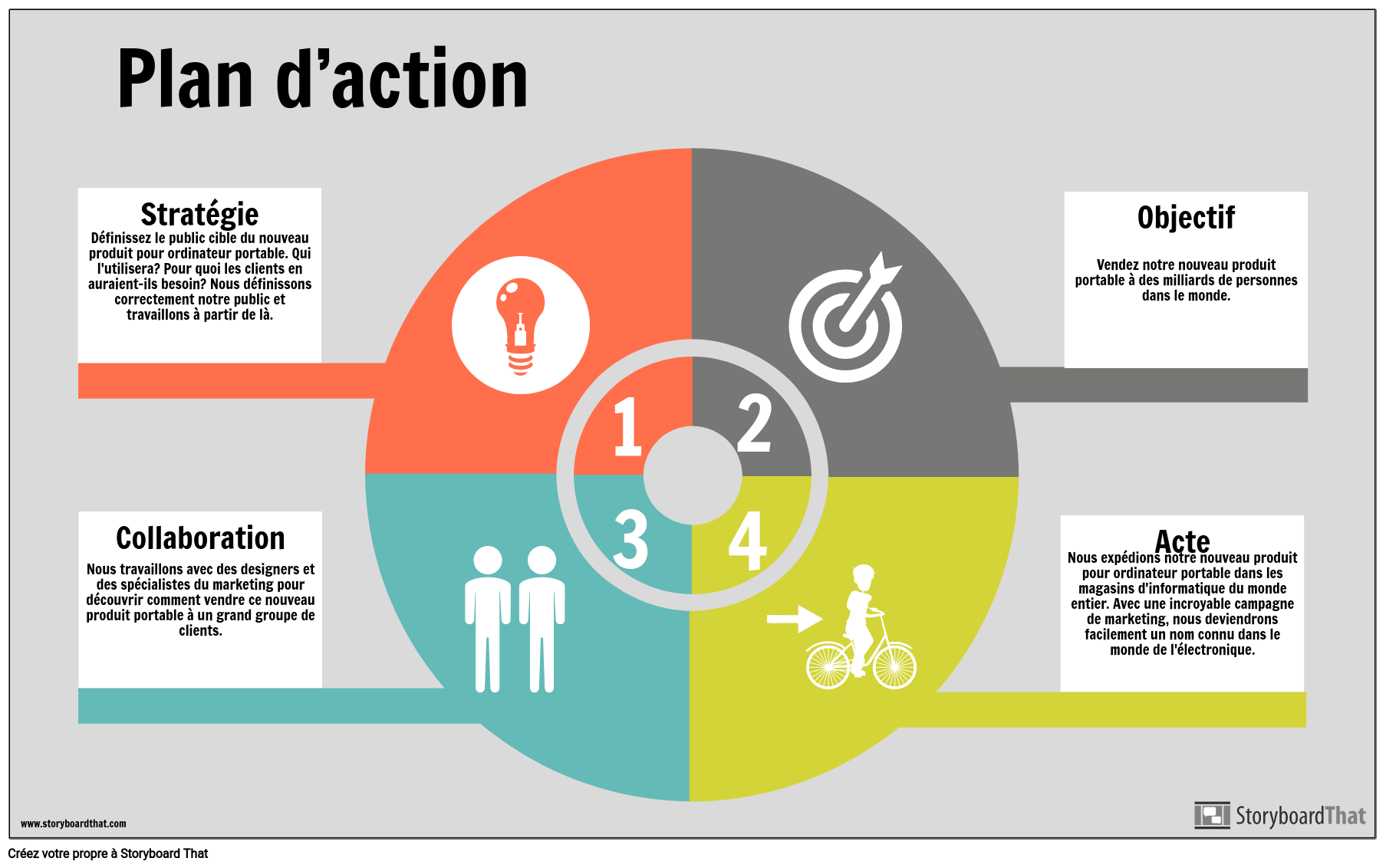
Creating a Relationship Action Plan for the Future
A thriving and enduring relationship requires consistent effort, mindful communication, and a proactive approach to addressing challenges and fostering growth. This document outlines a comprehensive action plan designed to strengthen and solidify a romantic relationship, focusing on key areas for improvement and future development. It is intended to serve as a dynamic tool, adaptable to individual circumstances and regularly reviewed and updated to ensure ongoing effectiveness.
I. Assessing the Current State of the Relationship
Before formulating an action plan, a thorough assessment of the existing relationship is crucial. This involves honest introspection and open communication with one's partner. This self-assessment should not be judgmental but rather a constructive exercise aimed at identifying strengths and areas needing improvement.
A. Identifying Strengths
What are the positive aspects of the relationship? What are the qualities you appreciate most in your partner? What activities do you enjoy doing together? Identifying these strengths provides a solid foundation upon which to build. Examples might include shared values, mutual respect, effective communication skills, strong emotional connection, and shared goals.
B. Identifying Areas for Improvement
This is arguably the most important aspect of the assessment. Honesty and vulnerability are essential. Areas for improvement might encompass communication styles, conflict resolution strategies, time management, emotional intimacy, physical intimacy, or shared responsibilities. It is vital to approach this with empathy and a willingness to understand the partner's perspective.
C. Collaborative Discussion
Open and honest communication with your partner is paramount. Schedule dedicated time to discuss your individual assessments. Create a safe and non-judgmental space where both individuals feel comfortable expressing their thoughts and feelings without fear of criticism or retribution. The goal is to reach a shared understanding of the relationship's current state and collaboratively identify areas requiring attention.
II. Developing Specific Actionable Goals
Based on the assessment, develop clear, specific, measurable, achievable, relevant, and time-bound (SMART) goals. These goals should directly address the identified areas for improvement. Vagueness should be avoided; instead, concrete steps should be outlined.
A. Communication Goals
Goal 1: Improve active listening skills. Action Steps: Attend a communication workshop, practice summarizing each other's points after a conversation, implement weekly "check-in" sessions focusing solely on communication and emotional well-being. Goal 2: Reduce conflict through constructive dialogue. Action Steps: Learn and practice conflict resolution techniques, such as the "I feel" statements method, agree on a pre-determined "cooling-off" period during disagreements to avoid escalation, seek professional couples counseling if needed.
B. Intimacy Goals
Goal 1: Increase emotional intimacy. Action Steps: Schedule regular date nights, engage in meaningful conversations, share vulnerabilities and personal experiences, practice empathy and understanding. Goal 2: Enhance physical intimacy. Action Steps: Explore each other's preferences and desires, communicate openly about physical intimacy needs, incorporate regular physical affection into daily routines, consider professional guidance if facing challenges in this area.
C. Shared Responsibility Goals
Goal 1: Improve household chore division. Action Steps: Create a shared chore chart, establish clear expectations and responsibilities, regularly review and adjust the chart as needed, openly communicate any concerns or imbalances. Goal 2: Enhance financial planning and management. Action Steps: Establish a joint budget, regularly review financial statements, discuss financial goals and concerns openly and honestly, consider seeking financial planning advice if needed.
III. Implementing the Action Plan
The success of the action plan depends on consistent effort and commitment from both partners. Regularly scheduled meetings to review progress and adjust the plan as needed are essential. Flexibility and adaptability are key; the plan should evolve as the relationship grows and changes.
A. Regular Review and Adjustment
Schedule weekly or bi-weekly meetings to review progress towards achieving the set goals. This provides opportunities to celebrate successes, address challenges, and make necessary adjustments to the action plan. Be prepared to adapt the plan based on changing circumstances or unforeseen obstacles. Regular check-ins foster a culture of continuous improvement and maintain focus on the overall objectives.
B. Seeking Professional Support
If challenges persist despite consistent effort, seeking professional support from a relationship counselor or therapist can be highly beneficial. A therapist can provide unbiased guidance, facilitate communication, and offer tools and techniques to address underlying issues hindering progress. This should not be viewed as a sign of failure but rather a proactive step towards strengthening the relationship.
IV. Maintaining Long-Term Relationship Health
Sustaining a healthy relationship is an ongoing process, not a one-time event. The action plan should not be viewed as a temporary fix but rather as a foundation for building a lasting and fulfilling partnership. This requires continuous effort, open communication, and a commitment to mutual growth and understanding.
A. Prioritizing Quality Time
Regularly scheduled quality time is crucial for maintaining intimacy and connection. This can involve date nights, shared hobbies, or simply spending quiet time together without distractions. Prioritizing quality time strengthens the bond and fosters a sense of togetherness.
B. Cultivating Shared Interests
Exploring shared interests and activities can enrich the relationship and create positive experiences. This could involve taking up a new hobby together, attending events, or traveling to new places. Shared experiences strengthen the bond and provide opportunities for creating lasting memories.
C. Continuous Self-Improvement
Individual growth and self-improvement contribute positively to the relationship. Focusing on personal development, pursuing personal goals, and maintaining a healthy lifestyle can enhance self-esteem and contribute to a more fulfilling partnership. Supporting each other's personal growth strengthens the bond and creates a sense of mutual respect and admiration.
In conclusion, creating and implementing a relationship action plan is a proactive and constructive approach to fostering a strong and enduring partnership. By combining honest self-reflection, collaborative goal-setting, consistent effort, and a willingness to seek professional support when needed, couples can build a relationship characterized by mutual respect, intimacy, and lasting fulfillment.
0 comments:
Post a Comment
Note: Only a member of this blog may post a comment.